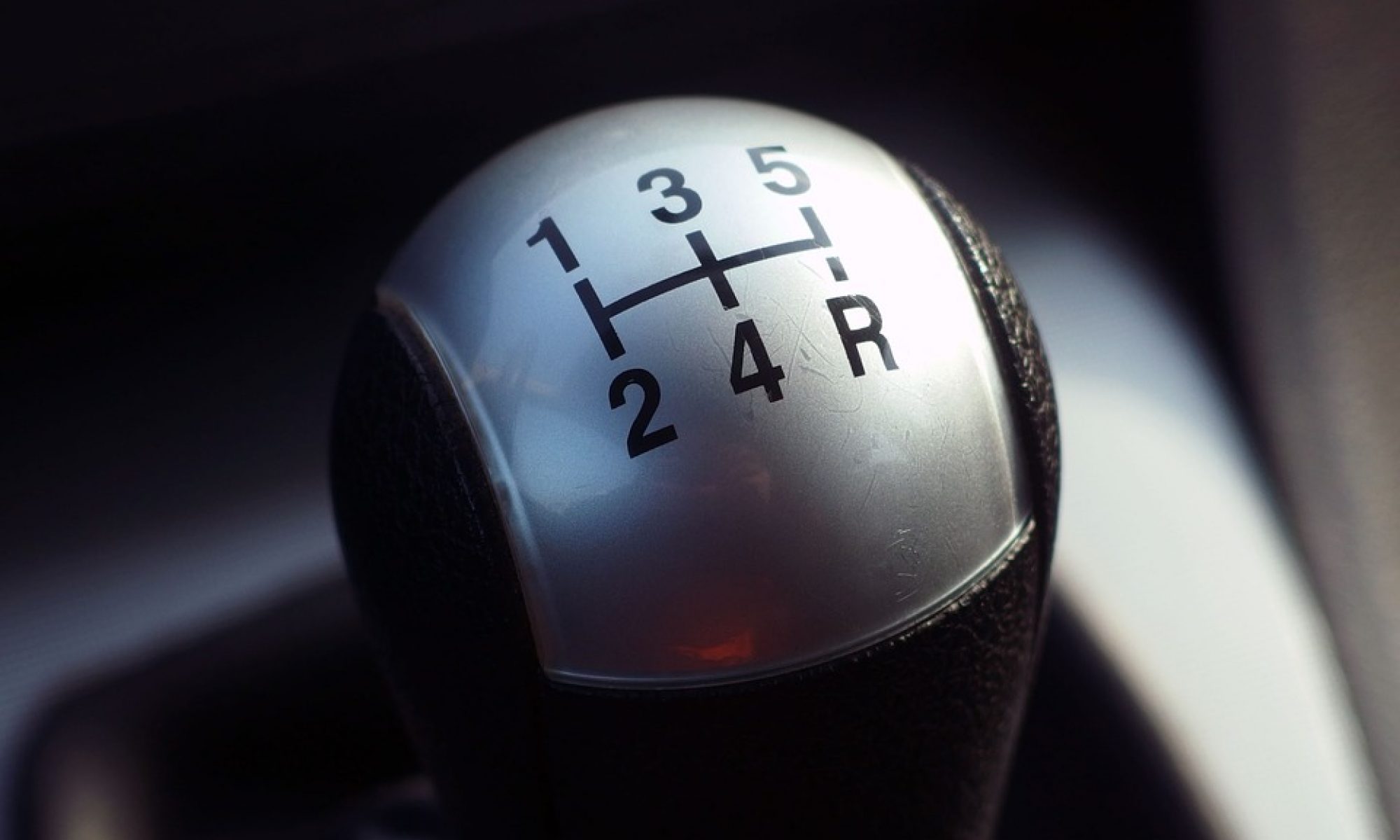Attending a diesel tech school is no easy task. Even though the school itself doesn’t take too long to finish, you can expect a combination of extensive technical theory and practice to be squeezed into a period of just over a year, before you are expected to be able to diagnose just about any type of problem and present a solution that will make a faulty diesel engine run again.
Knowing how long it takes to learn to be a qualified, ASE-certified diesel mechanic is an important part of the plan when you want to have your own service and repair shop as a diesel engine specialist. It also helps you a lot to have at least a basic understanding of what’s in store when you go to diesel tech school, as it will prepare you for the type of work you will be expected to perform – both in terms of repair practice and classroom work.

What Does the School Work Entail?
When you choose a high quality, dependable school that doesn’t cut corners when it comes to teaching you everything from the basics of how a diesel engine works to the methodology of approaching various malfunctions, it’s important to have at least some idea of what the curriculum should entail. That way, you’ll know exactly what to look for.
The best diesel mechanic school will first of all offer a solid foundation teaching you about the fundamentals of the technology and how a basic gasoline engine operates. Then they will move on to braking, steering electrical and electronic elements, as well as the Environmental Comfort System, before moving on to the more intricate process of noticing and accurately diagnosing problems, as well as coming up with valid and working repair solutions. Additional insight should also be provided on advanced topics like diesel fuel systems, hydraulics and four cylinder diesel engine functioning parameters.
How Long Before You Become a Certified Mechanic?
Typically, diesel school lasts a total of 75 weeks. As a year is comprised of 52 weeks, that means you’ll have about a year and a half, give or take a couple of weeks, to finish your studies and learn how to be a certified diesel mechanic. Be aware that the testing process will likely be just as extensive as the school itself, so you can’t really expect to just go through the whole process while only learning part of the curriculum and expecting to pass your exam.
The coursework will be challenging, and you will find that you’ll definitely have to get your hands dirty, while also grasping complex engineering concepts and learning to be precise in your thinking.
The goal of completing your work at a diesel tech school is to obtain your ASE stamp of approval in order to become an ASE-certified diesel mechanic. This is a very important part of the deal, since most vehicle owners who have at least a minimal knowledge on how to select a good mechanic will almost always choose one with ASE certification, as opposed to a self-taught mechanic.

